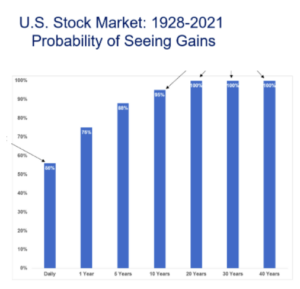New Associate “Focus On You”: Melissa Heinemann
What is your role at Hiley Hunt?
I am a Client Service Associate at Hiley Hunt, where I am dedicated to supporting our advisors and fostering smooth interaction between them and their clients.
From keeping our office space tidy and replenishing snacks and drinks to preparing paperwork and entering data, I strive to ensure that our clients have a positive experience. I am also passionate about celebrating others and showing our clients how much we value their business and their trust. I believe that small tokens of appreciation can make a big difference, and I love finding ways to make our clients feel special. Whether it’s a handwritten note, a piece of chocolate, or another small gift, I am always looking for ways to show our clients that we care.
It is a joy to be a part of your story and do life together!
What did you do before joining Hiley Hunt?
I’m re-entering the workforce after staying at home for the past eight years to raise our four fun and amazing kiddos. During my time at home, our days were spent enjoying playdates with friends, exploring parks and museums, attending library events and story times, and experimenting in the kitchen. Of course, no day was complete without a dance party!
Before starting our family, I worked in the non-profit sector for nearly ten years, supporting individuals and their families affected by autism spectrum disorder (ASD) and other related disorders. I have a lifelong passion for taking care of others, and I’m excited to bring that passion back into the workforce to make a positive impact in my new role at Hiley Hunt.
Where did you grow up?
I grew up in Vista, a city in North County San Diego, California. The beach is our family’s happy place!
What do you do for fun?
Outside of work, I enjoy spending time with my family and friends, cheering our kiddos on from the sidelines at their various sporting events, trying new recipes and creating memories in the kitchen, and making flower arrangements. I’m also a big fan of volunteering in women’s and hospitality ministries at our church.
What is one of the most memorable experiences you have had?
One of the most memorable experiences I’ve had was a Habitat for Humanity mission trip I took to El Salvador with my husband before we had kids. We went with a team from our church to assist a family with the building of their new home. It was an incredible experience to witness their resilience and determination in the face of adversity. The people of El Salvador are some of the most hospitable, joyful, and welcoming people I have ever met. I learned so much from our time there (including how to make the national dish, pupusas, in a kitchen full of love, laughter and multiple generations!) It is a core life memory I will always cherish!

